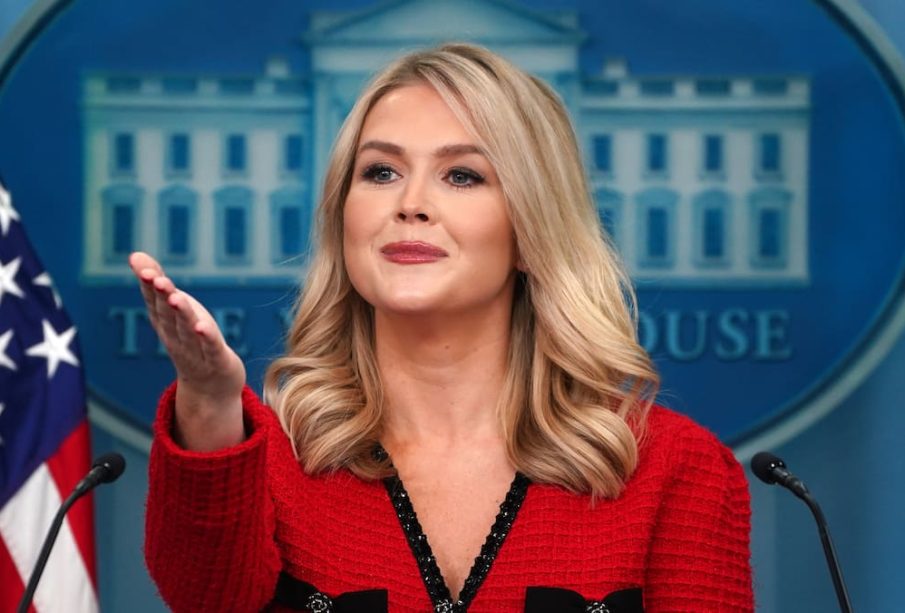Karoline Leavitt: Emerging Leader in New Hampshire Politics

Introduction
Karoline Leavitt, a young Republican political figure from New Hampshire, is quickly gaining attention for her dynamic approach to politics. As a candidate for the 2022 Congressional elections, Leavitt’s emergence signals a growing trend of younger individuals stepping into leadership roles within the Republican Party. Her story is significant not only for New Hampshire but also for the nationwide conversation about the future of political representation.
Background and Early Career
Leavitt was born in 1998 and graduated from the University of New Hampshire in 2020, where she earned degrees in political science and communications. Early in her career, she worked for Congresswoman Elise Stefanik and has been involved in various political campaigns. In 2021, Leavitt announced her candidacy for the U.S. House of Representatives in New Hampshire’s 1st congressional district, aiming to succeed retiring Republican Congressman Chris Pappas.
Political Platform and Key Issues
Karoline Leavitt’s political platform includes commitments to lower taxes, expanding job opportunities, and advocating for parental rights in education. Her campaign highlights issues such as public safety, healthcare reform, and economic recovery following the pandemic. Leavitt’s ability to connect with younger voters, alongside her conservative values, positions her as a formidable candidate in a rapidly changing political landscape.
Recent Developments
As the 2022 election cycle unfolds, Leavitt has been gaining support from established Republican figures and grassroots supporters alike. Recent endorsements from important party leaders in New Hampshire have bolstered her credibility. In local debates, Leavitt has showcased her readiness to tackle pressing problems facing constituents, drawing stark contrasts with her opponents.
Conclusion
Karoline Leavitt’s rise in New Hampshire politics is indicative of a larger trend of younger leaders advocating for conservative values. As voters increasingly seek fresh perspectives, her campaign serves as a case study for the effectiveness of youth engagement in politics. Should Leavitt secure her place in Congress, she would not only change the demographic face of legislative representation but also influence the direction of Republican policies in the coming years. Her journey is one to watch, and her evolving role could have significant implications for the political landscape in both New Hampshire and beyond.









